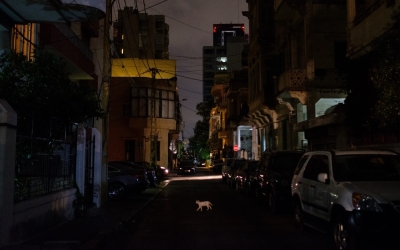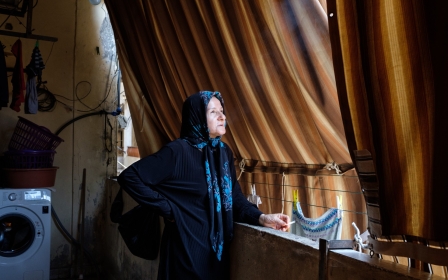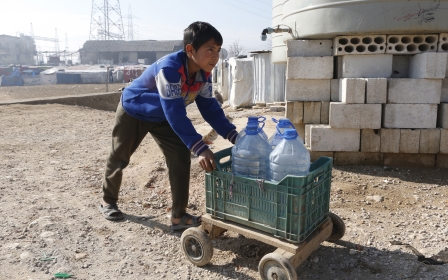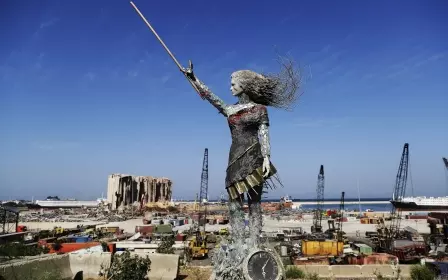Lebanon electricity company says protesters behind nationwide blackout
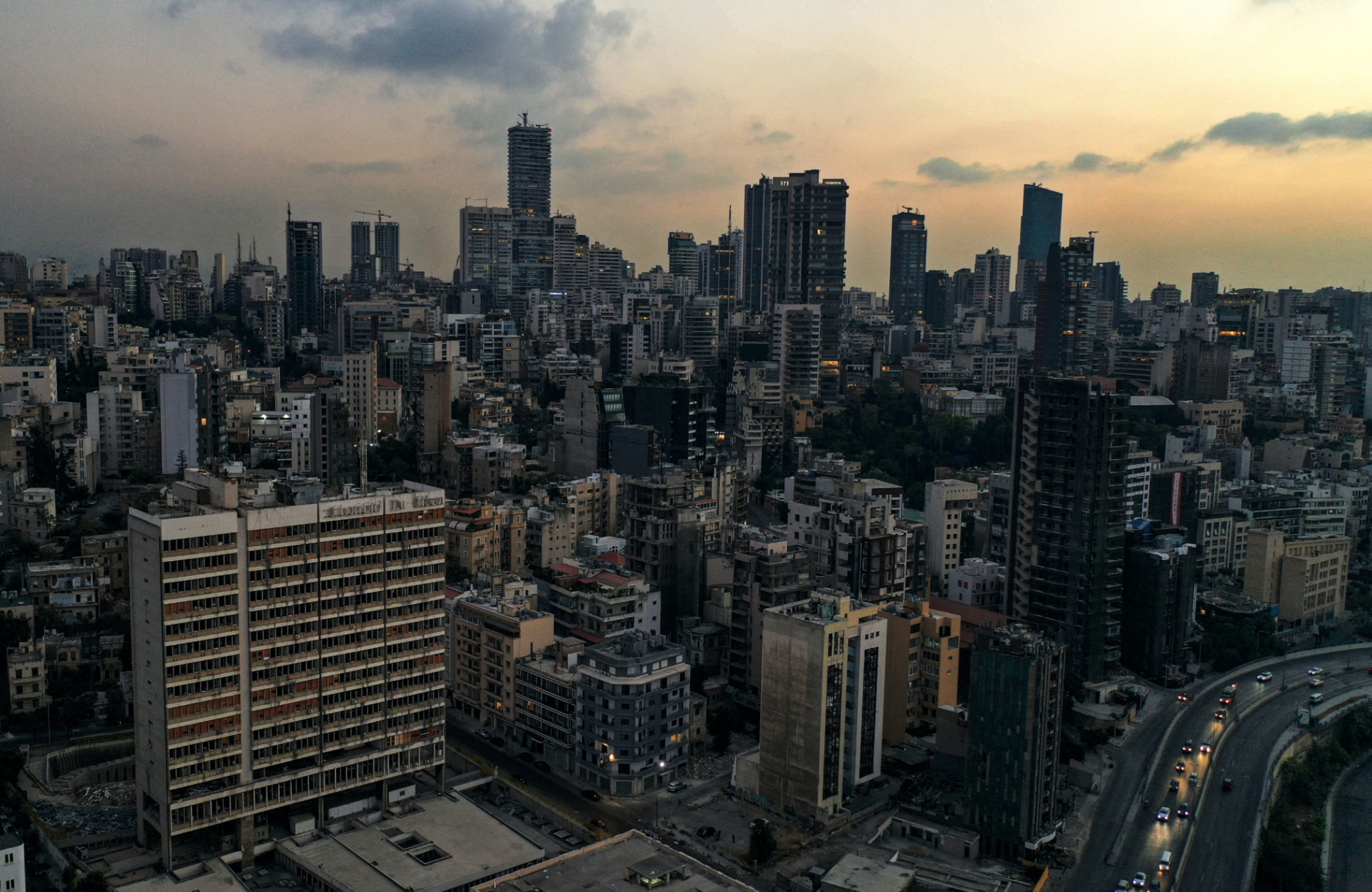
Lebanon's state electricity company said on Saturday that its power plants had stopped working after protesters stormed a key substation and tampered with the electrical equipment.
Lebanon, which for decades has enjoyed 24-hour electricity, is already grappling with round-the-clock power cuts that last at least 20 hours a day due to a severe financial crisis that has hampered key imports, including fuel for power stations.
New MEE newsletter: Jerusalem Dispatch
Sign up to get the latest insights and analysis on Israel-Palestine, alongside Turkey Unpacked and other MEE newsletters
Demonstrators angered by the blackouts stormed an Electricite du Liban (EDL) substation in the Aramoun region north of Beirut on Saturday, EDL said in a statement.
"Protesters disconnected a 150-220 kilovolt power transformer and opened circuit breakers connecting the Zahrani power plant to the Aramoun station," it said.
"This caused disturbances on the electrical grid... which led to a total blackout across Lebanese territory as of 17:27 (1527 GMT)."
Costs surging
The disruption will pile more pressure on private generators that are already struggling to keep up with the near-total absence of state power.
Private generator owners have hiked prices and rationed supply in recent months, with costs surging after the government gradually lifted fuel subsidies.
Shortages of fuel have meant most residents are now entirely dependent on the costly private generators that run on diesel, which many cannot afford.
The Lebanese pound has lost more than 90 percent of its value in less than two years, wiping out many people's savings and pensions and driving up the cost of living to the extent that even basic food items have now become a luxury.
The average generator bill for a Lebanese family usually costs more than the monthly minimum wage of 675,000 Lebanese pounds - now worth just $22 as the local currency hits record lows against the dollar on the black market.
New energy imports
The international community has long demanded a complete overhaul of Lebanon's ruinously-expensive electricity sector, which has cost the government more than $40bn since the end of the 1975-1990 civil war.
Last autumn Lebanon reached an agreement to bring Jordanian electricity and Egyptian gas into the country via war-torn Syria, while Hezbollah has separately started hydrocarbon deliveries from Iran.
Residents in Beirut have told MEE that electricity outages have disrupted all aspects of their lives, and that they have been reliving the hardships of the civil war.
Middle East Eye delivers independent and unrivalled coverage and analysis of the Middle East, North Africa and beyond. To learn more about republishing this content and the associated fees, please fill out this form. More about MEE can be found here.


